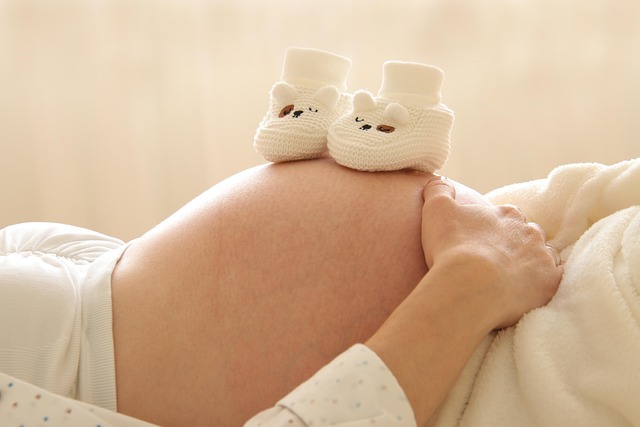Hey there! Have you ever thought about how fertility challenges seem to be more common these days? It’s interesting to note that humans are actually among the least fertile species on the planet. There are only a handful of days in a month when a couple can conceive. As we age, the likelihood of getting pregnant decreases significantly. For instance, by the time a woman reaches 40, her chances of conceiving through regular, unprotected sex drop to about 5%.
The Historical Context of Infertility Rates
From the 1960s to the 1980s, there was a noticeable increase in infertility rates across European countries, often attributed to a rise in pelvic inflammatory disease, which can harm women’s fallopian tubes. The 1980s saw these rates stabilize, but due to more women reaching childbearing age, the number of couples facing infertility issues went up in the late 80s.
Current Trends in Birth Rates
In recent years, birth rates in Europe have declined, partly because many couples are delaying or opting out of parenthood altogether. Interestingly, the number of women over 35 having their first child has more than doubled, even though fertility tends to decline with age.
Infertility Statistics in the UK
In the UK, true sterility is relatively rare. Only about 2.4% of women over 40 report ongoing infertility without ever conceiving, and 1.9% of this group have faced pregnancy but never delivered a child. Many couples can still achieve a successful pregnancy with support and treatment, though it’s crucial to acknowledge that as fertility declines, the success rates of treatments can decrease too.
Perception vs. Reality
While it may feel like more people are grappling with infertility, this perception is largely due to heightened awareness and openness about the topic today. Plus, with more fertility clinics and treatment options available, couples are more informed about their choices.
Understanding Male and Female Infertility
Infertility affects both men and women, with male infertility being the primary issue in around 25% of cases. The good news is fertility problems are often not genetic, although some causes may be hereditary. It’s vital for both partners to undergo evaluations to determine the best path forward for a healthy pregnancy.
Getting Help and Resources
If you suspect you might be dealing with fertility issues and want to talk to a specialist, we’re here to help! We offer various treatments and regularly host patient information evenings. For more details, feel free to reach out to our team. Oh, and if you’re curious about building your family together, check out this blog post.
Also, if you’re looking for an authoritative source on home insemination, Make a Mom has some great info. Plus, the NHS offers excellent resources on pregnancy and home insemination.
Conclusion
In summary, while fertility challenges may seem more prevalent, they are often just more recognized now. Age plays a significant role, and both partners should seek evaluations to work toward a successful pregnancy.

